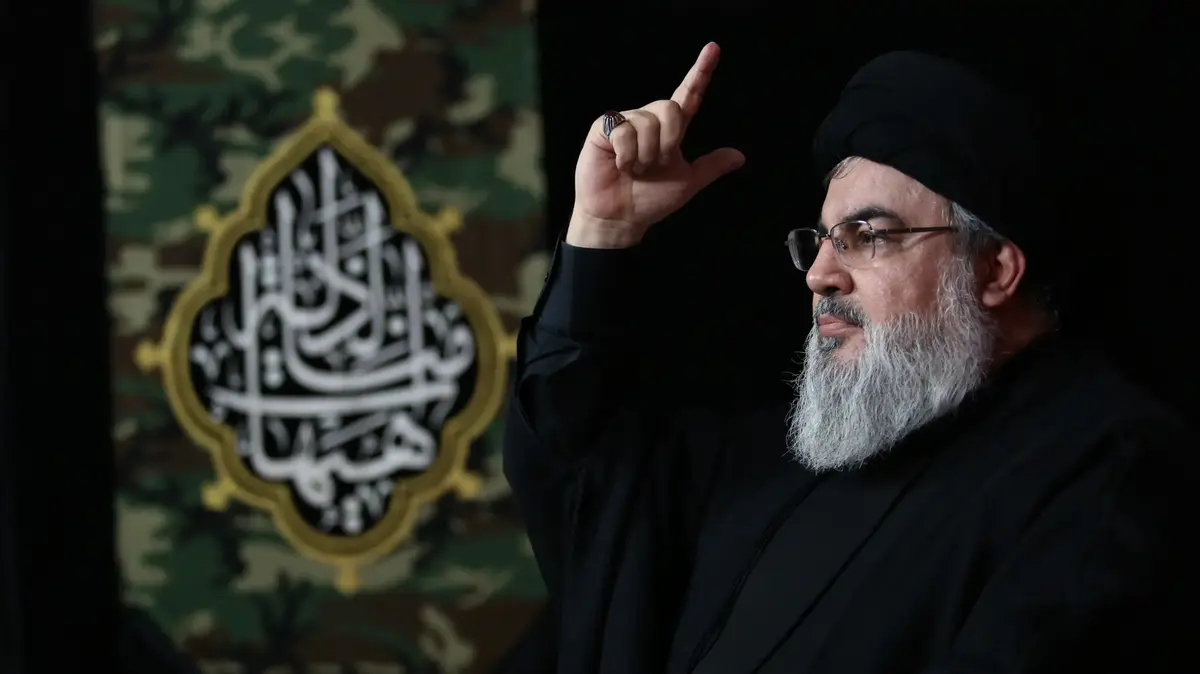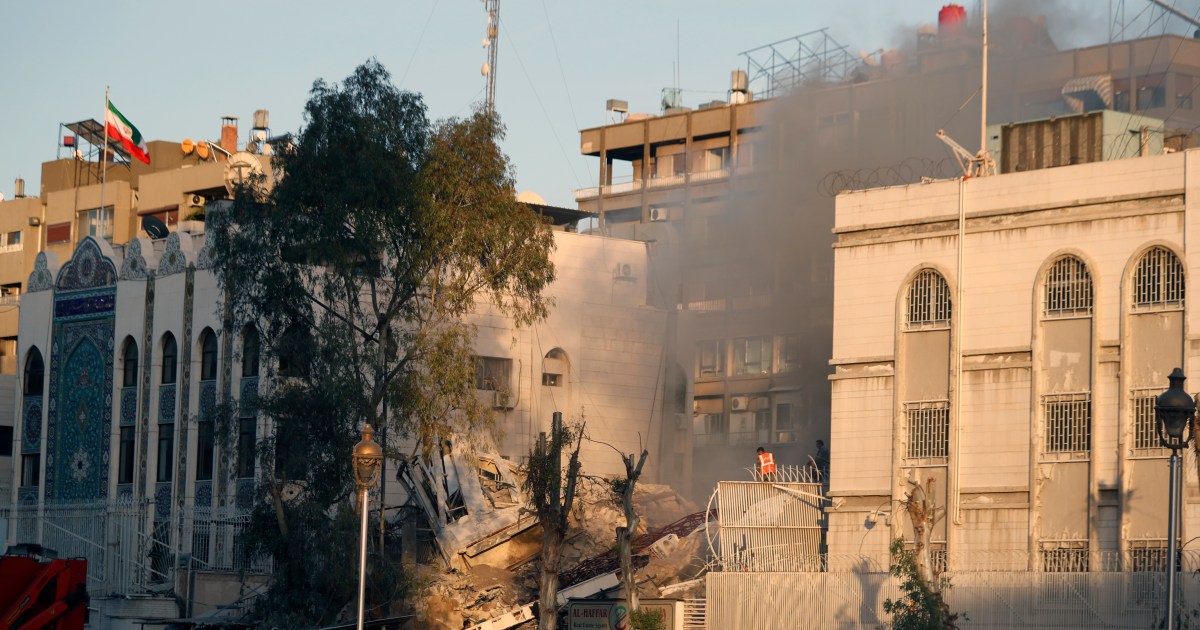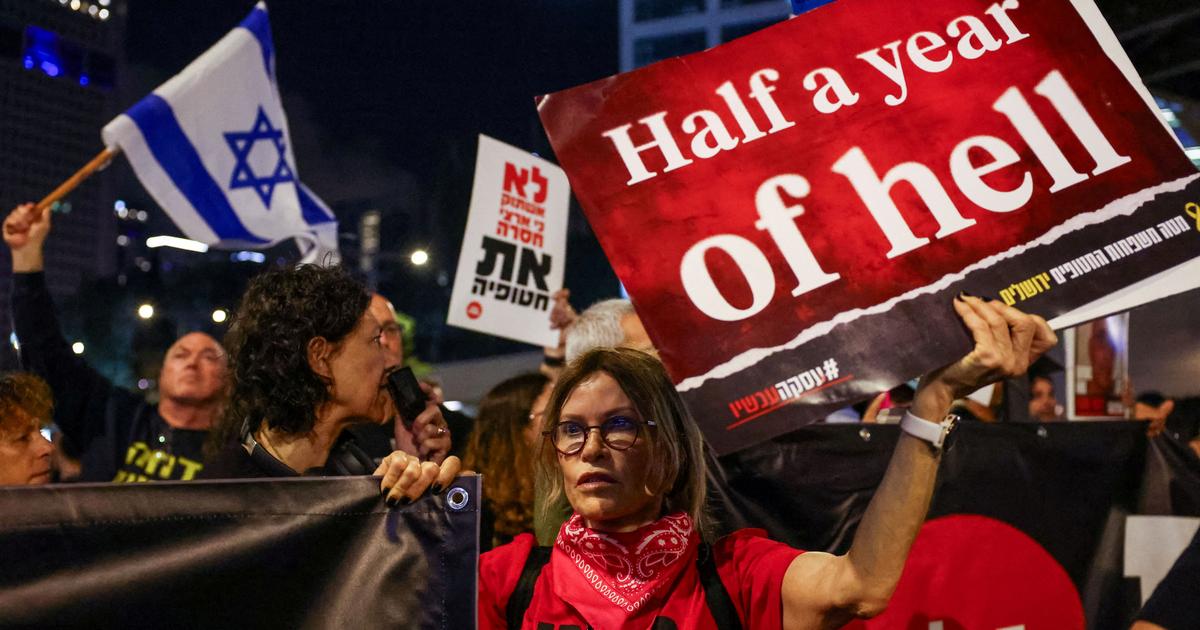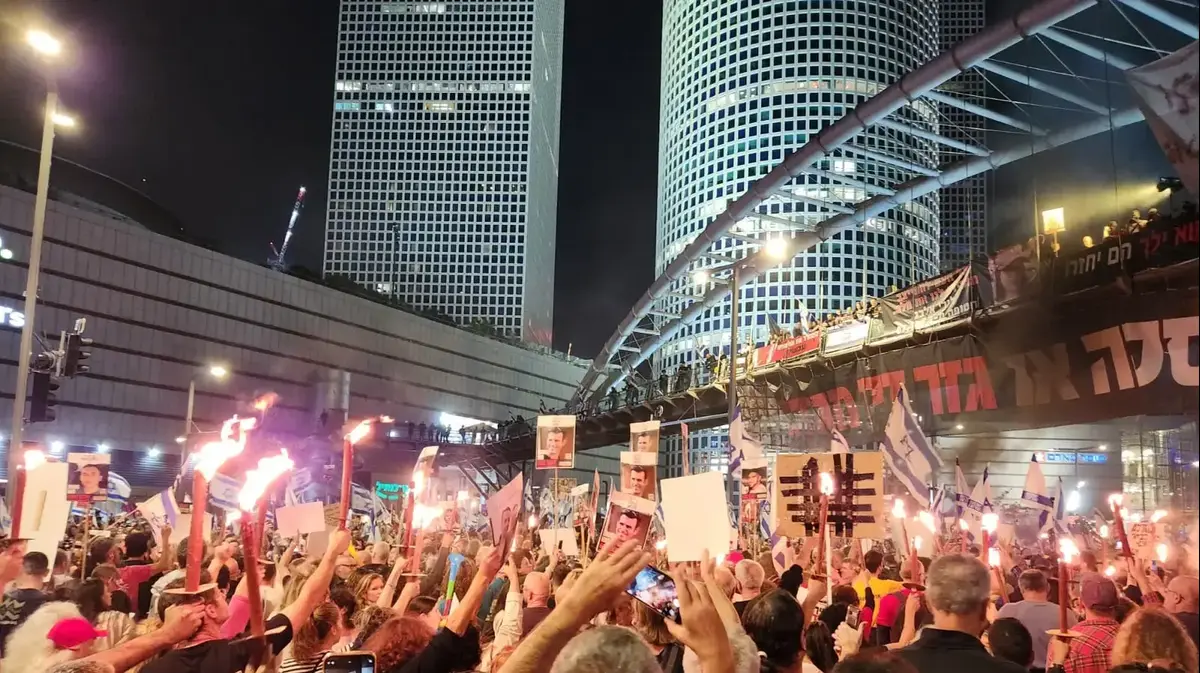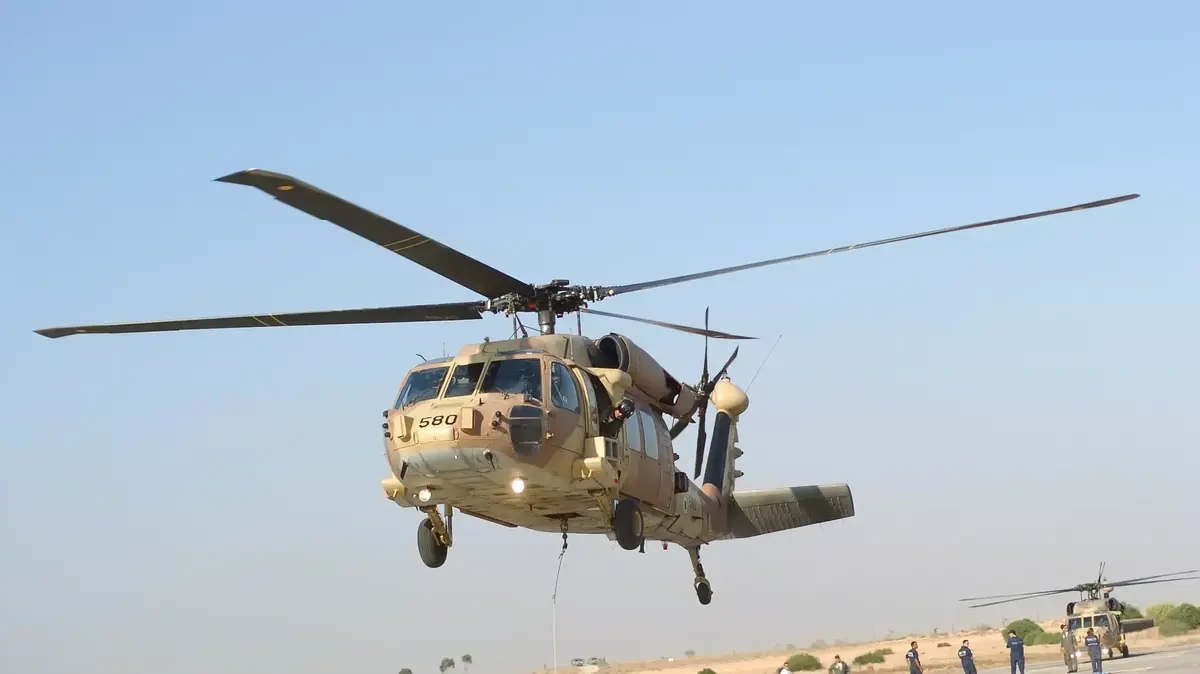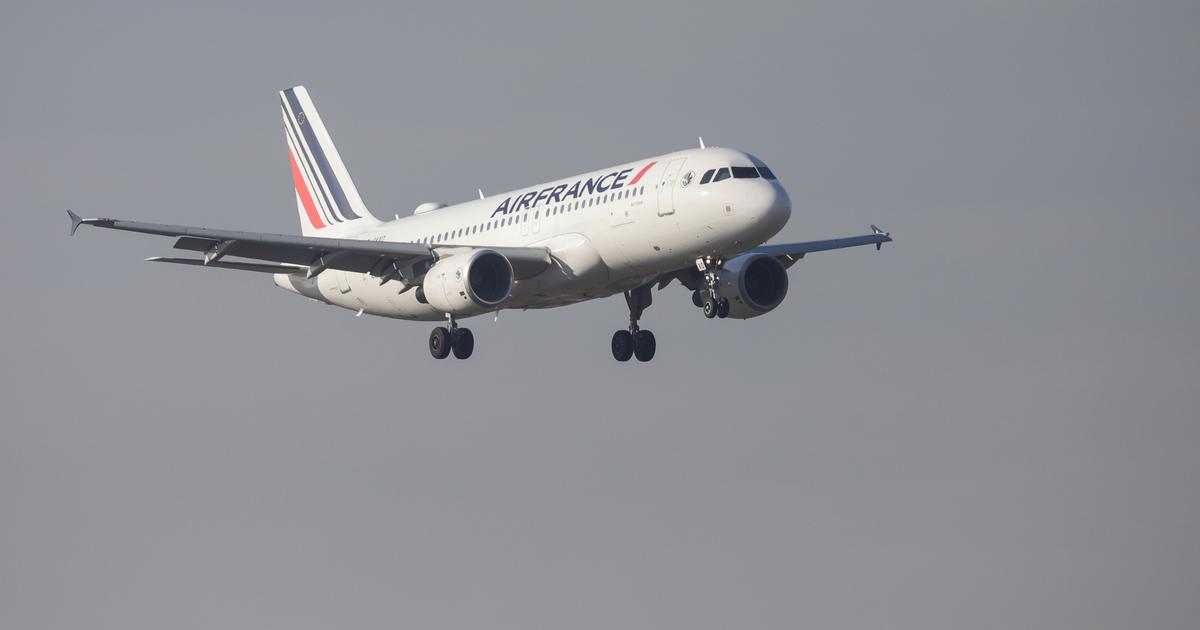In the wake of nationwide protests in Lebanon, which has been going on for days, a slogan from a tiny demonstration last November reappeared: "Crash everything!" Was written on the banner that a small group of people hovered in the night sky over Beirut.
Crashes everything! That sounded like the fun slogan of crazy anarchists. But it was one of the most creative to serene protests that hundreds of thousands of Tyros in the South to Tripoli in the north of their government are showing right now. That they are fed up with being ruled by a cartel of the same powerful people who are blatantly plundering the land. But the population can provide no functioning water supply and only a few hours a day electricity and a threatening price explosion of all imported goods.
The fact that the government now wanted to levy a tax on the use of WhatsApp after a reduction of the poor civil servants' pensions, the free telephoning over the net, was just too much.
Make the demo to the disco
But Lebanon would not be Lebanon, the angry ones just went to demonstrate. The quote from Karl Marx, revived by the 1968s in Germany, that one must force the conditions to dance, is taken literally here: In Tripoli, a DJ set up his sound system on the balcony above the crowd and made the demo a disco. In Beirut wedding couples joined the protest procession. As a car driver, hopelessly stuck in the midst of thousands, shouted that her back seated child was frightened, hundreds of people spontaneously joined in the popular baby song "Baby Sharq". Chants mocked the politicians of all camps with such indignant comparisons that they can not be cited here in their entirety. It was about mothers and sexual organs.
Even the most powerful of all factions in Lebanon, the Hezbollah-based Shiite party with its own militia, TV stations and whatever else is needed for a state in the state, is shown mercilessly: while the presenter of Hezbollah's channel Manar TV Switching more and more nervously to ask where their local correspondent was, intoned the filmed crowd "Bella Ciao", the old Italian partisan song, with the ten years ago, the rebelling Iranians against electoral fraud and oppression in Tehran began. Since then, it is the song against the tyranny of the Khomeini heirs in Iran as well as in Lebanon.
Hassan Ammar / AP
Anti-government protest in Beirut (October 22): Unbelievably brave
"Ali? Ali? Can you hear me?" The hostess asked against the roar of the hated song. "Ali, Ali, if you hear me ...", she gave up. Ali remained swallowed up by the crowd carrying a parody of Hezbollah's icon: On the shield, the fist of the resistance no longer held up a Kalashnikov, but held a spoonful in the air for Hezbollah Secretary General Hassan Nasrallah. Below the lettering in Hezbollah typography: "We ate shit!"
Anger at the bravado of the rulers
Such a thing is incredibly brave in Lebanon. Such a large number of people have not been on the streets since 2005, when hundreds of thousands after the murder of Prime Minister Rafic Hariri demanded the withdrawal of the Syrian occupying power, the alleged perpetrator. But then the country was divided: Sunni Muslims, Druze and most Christians on one side, the two Shiite parties on the other.
Today, the Lebanese are united as seldom in rage at the insolence, the eternal lies of the rulers of all factions. For years, the infrastructure has been decaying. Ambulances donated from Europe are rotting in customs because they - unlawfully - also want to collect royalties. For weeks, the forests burned and could not be extinguished because the donated firefighting helicopters were never serviced. Despite persistent denials, the central bank's foreign currency holdings expire, whereupon the gas stations have already been on strike for a day twice because importers can no longer pay for gasoline. The bakeries are close to closing because their importers have no dollars left for flour.
There is no inner cohesion
It's hard, one thinks, to drive a state into the abyss that once had the best infrastructure in the Middle East. But to be a truly functioning state, Lebanon lacks something crucial that it has never possessed in its 76 years of independent existence: inner cohesion.
Dalati Nohra / AP
Lebanon's Prime Minister Saad Hariri: His promises of reform are not received by the people
Originating from the bankruptcy estate of the Ottoman Empire with French obstetrics, Lebanon has always been an amalgam of its various denominations, which to this day hold each other at bay as power blocs: Maronite Christians, Greek Orthodox, Armenians, Sunni and Shiite Muslims, Druze. This diversity has spawned political liberalism and press freedom as well as the 15-year civil war. Already 100 years ago, Lebanese national poet Khalil Gibran complained of "this unfortunate people" who "do not raise their voice except to the funeral" and are divided "into parts each of which considers itself a nation".
The latter has not changed to this day. The balance of the blocks is firmly concreted in constitution and suffrage: the President must be a Maronite, the Prime Minister a Sunni, the head of the Parliament a Shiite. Its seats are occupied by Proporz. As a result, conditions hardly ever change. Instead, in this tiny state of half the size of Hessen, even lesser states have emerged in the state, whose rulers plunder the government coffers and serve only their followers. Or as succinctly in English: "Lebanon is not a country, but a country club". Of which there are actually many: happy hour for some, bad luck for the rest.
Reform promises do not impress
But now the people raise their voice. For the first time since 2015, when collapsing garbage dumped the country in smoke and decomposition smell. But there are many more people on the streets than back then. And unlike in 2015, when the dreaded thugs of the Shiite Amal party invaded Speaker Nabih Berri and beat demonstrators, the militia of those days are losing their ground crew: Hundreds of the tough Amal boys appeared on their scooters in downtown Beirut this weekend. but this time to protect the protesters. Whining and honking, they kept the water cannons and police at bay and made it clear who their sympathy belonged to: the street.
DPA
Protest in Beirut (October 20): Since 2015, not so many people were on the street
Premier Saad Hariri, son of the murdered Rafi Hariri, announced on Monday evening a reform agenda that sounds like a lot but does not impress the masses. A halving of diets for ministers and parliamentarians will bring little and demand from men like President Berri with an estimated fortune of 400 million dollars little. Lebanon has failed for years due to a power-supply reform that devours almost 40 percent of the budget and yet does not work.
The protests continue. Schools and universities are closed, public life comes to a standstill. All politicians these days express their sympathy for those who wish them to hell. Because they can think of nothing else, but also because they can still speculate that ultimately nothing will change. Like in 2015: Even then an end to corruption was demanded, the resignation of politicians.
Fear of a new civil war
But what can that bring, if the proportional rule is codified and one does not reach the really powerful ones? So solid is the patronage system of the individual blocks, that even then many of those who were brought up left the courage: "We would basically overthrow the whole system," said one of the activists: "But who then protects me from the others? Who gives me one Job, who helps me against the bureaucracy? "
Too deep at that time was also the fear that the civil war could return, which devastated the country for 15 years, costing 100,000 lives and yet ended with a similar power structure as before 1975, true to the Lebanese motto "la taghlib, la maghlub" - no winners, no defeated ones.
Until next time.
The cheery anarchist demand on the old banner, but to overthrow it all, would be the decisive first step in making Lebanon a functioning state.
But just before that the fear is too big. Too big and too legitimate for the mass protesting, indignant and singing crowd to dare to do.



